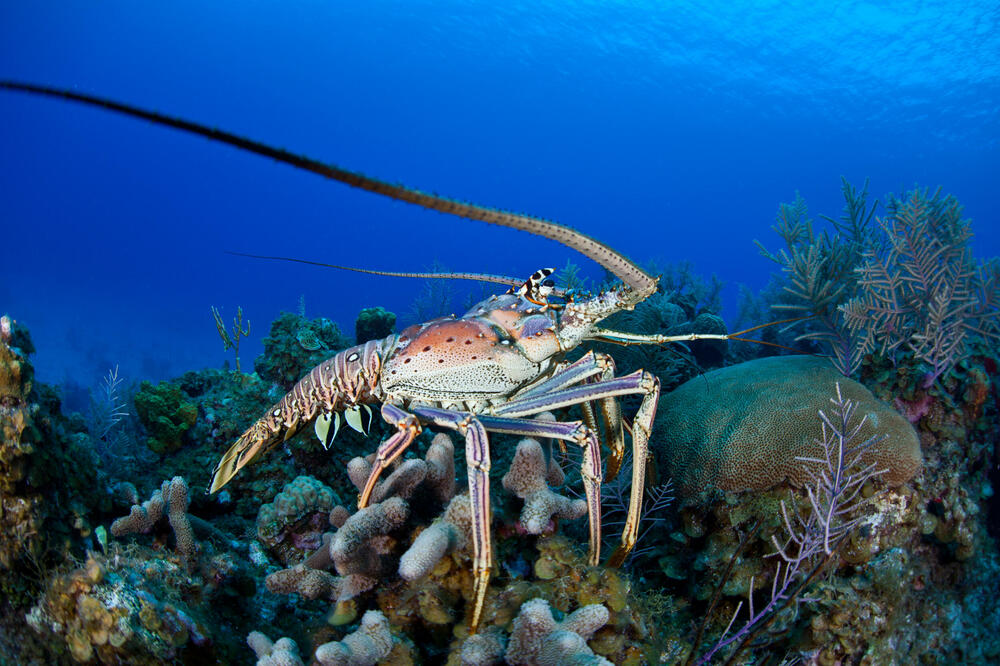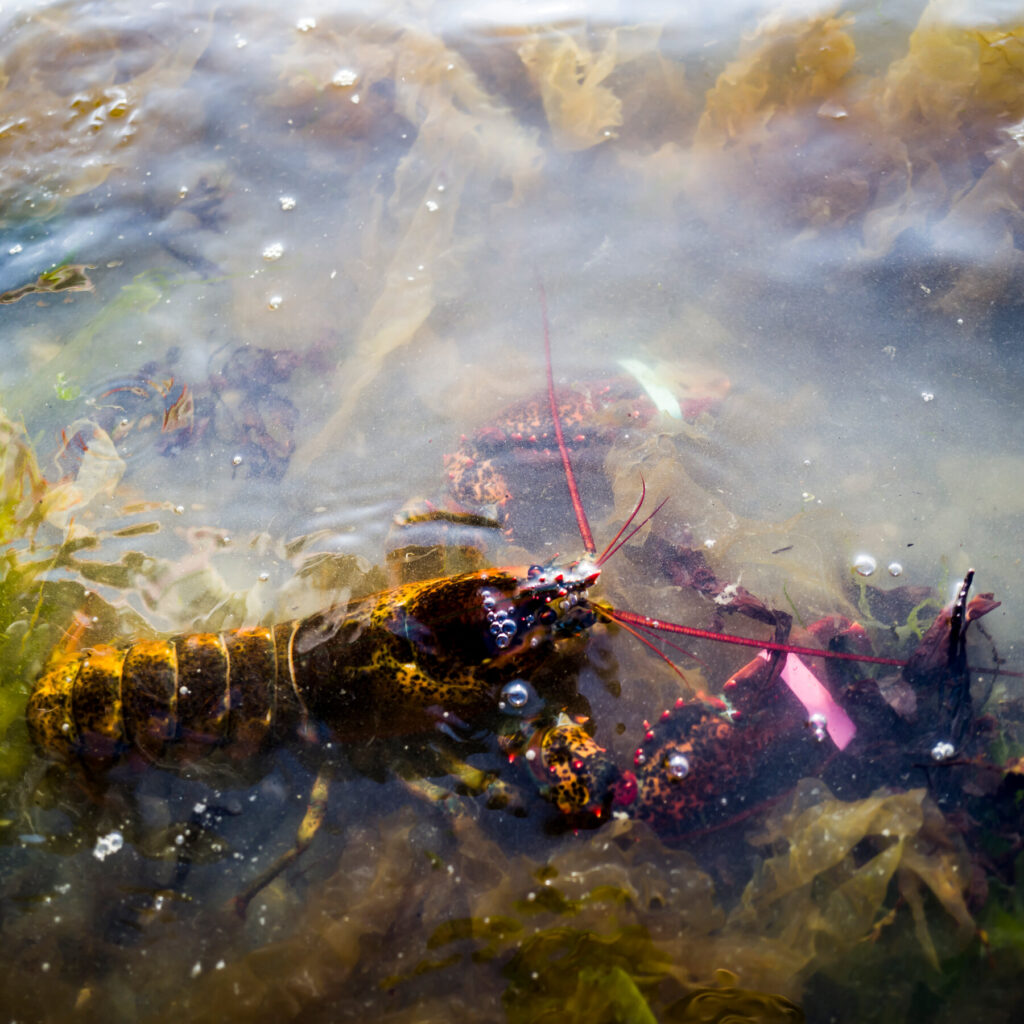
Lobsters Fleeing U.S. Waters Due to Climate Change
The Gulf of Maine, one of the fastest-warming ocean regions in the world, is witnessing a significant shift in marine life. Millions of lobsters are migrating north to Canada’s colder waters as temperatures continue to rise. This migration threatens Maine’s billion-dollar lobster industry, which accounts for 93% of U.S. lobster hauls.
How Rising Ocean Temperatures Are Impacting Lobsters
Lobsters are highly sensitive to temperature changes. Warmer waters increase their risk of disease, disrupt their food sources, and reduce juvenile survival rates. As a result, their populations are declining in Maine while growing in Canada’s cooler Atlantic waters.

Declining Lobster Catches in the U.S.
The numbers tell a concerning story:
- In 2021, Maine’s lobster industry hauled in approximately 50 million kg of lobster.
- By 2024, the catch dropped to 39 million kg—the lowest in 15 years.
- Historically, hauls in the 2000s averaged 25-35 million kg, meaning recent numbers, while lower, are still economically significant.
Weather-Related Disruptions Hurting the Lobster Industry

Extreme weather has further complicated matters. Severe winter storms in December 2023 and January 2024 caused flooding, damaged fishing boats, and destroyed lobster traps, leading to industry-wide setbacks. However, the long-term issue remains warming waters, which could permanently shift lobster populations northward.
Lobsters Moving 69 km North Per Decade
Research from 2013 revealed that lobsters had already been migrating northward at 69 km per decade between 1968 and 2008. At this rate, the majority of Maine’s lobsters could be in Canadian waters within 30 years.
Maine’s Efforts to Protect Its Lobster Industry
Recognizing the economic and environmental threats, Maine officials are stepping in with grants to help fisheries recover from recent storm damage.

Governor Janet Mills stated:
“Last winter’s storms devastated businesses across Maine, but, with the support of the Legislature, we are taking action to help them recover and rebuild. These grants will allow businesses to strengthen their operations and withstand future climate challenges.”
The Future of the U.S. Lobster Industry
As climate change accelerates, Maine’s lobster industry faces an uncertain future. While financial aid helps in the short term, long-term solutions require global efforts to address rising ocean temperatures and protect this vital economic sector.

Leave a Reply